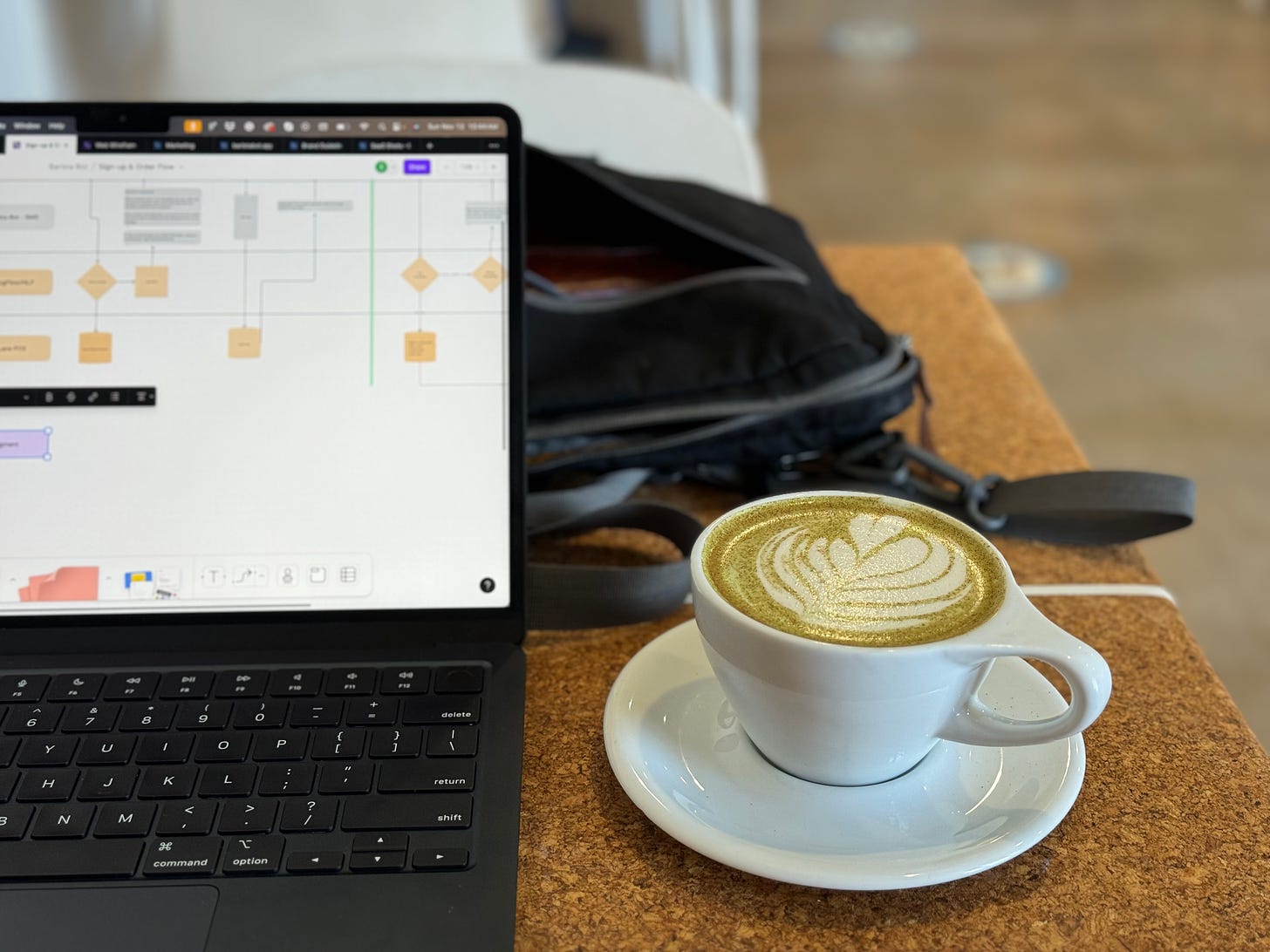Many leadership consultants are ready to advise you on what you should and should not be doing in the different stages of your career. The following is a dissenting opinion to the norm. The norm is that you must focus on one thing in your teens and twenties, be consistent, and show aptitude and authority on something early to be the expert in the room.
This “norm” is a good strategy for various careers — professors, engineers, surgeons, psychologists, accountants, and other professionals where proficiency is required as a gatekeeper to earn an income.
However, only some careers require expertise early. The redistribution of knowledge has shrunk the importance of an expert and begun to reward generalists who can see connections and complexity and predict trends within a global economy. Suppose you want to be a leader of an assortment of professionals. In that case, proficiency early is probably not the best advice, as you need to understand the different opinions and experiences of the people in your organization to lead cross-functionally. If you want to be in the field of design, digital product, or technology, where creativity, flexibility, and imagination are essential skills, there will probably be multiple paths to proficiency.
Again, the following is not an indictment of the norm but an alternative to it.
In your 20’s:
Try everything; be a generalist. Learn broadly. Create with passion—production over consumption.In your 30’s:
Winnow it down, pick a general direction. Learn deeply. Create discipline.
Do the work.In your 40’s:
Say no to most things so you can focus on a few things. Learn strategically. Create with intent. Mentor.In your 50’s:
Sit back, observe, and respond. Learn from contemporaries. Create with emotion and empathy. Teach.In your 60’s:
Try everything, embrace the new. Learn from those in their 20s & 30s. Create opportunities. Impart wisdom.
I’m 44, so this is both experiential and aspirational. One last caveat — in my twenties, I did not watch much TV, and I did not play video games. I stayed away from consumption and focused on production. This sometimes unpopular decision has remained a consistent priority in my life.
Production over consumption.
It is the most beneficial habit contributing to fulfillment in my work and overall well-being.





